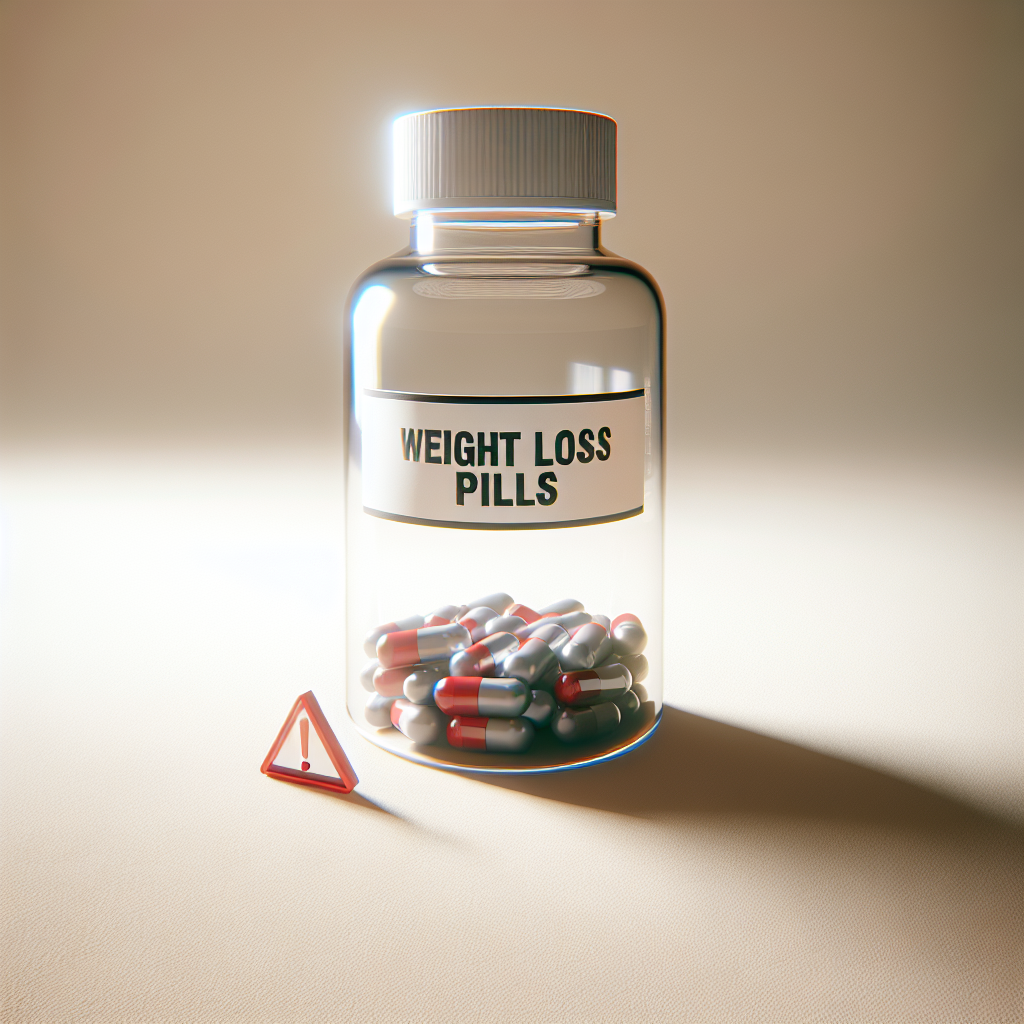The European Medicines Agency has issued a warning to people taking weight loss drugs like Wegovy and Zepbound to inform their doctors before undergoing any scheduled surgery. This alert was made on Friday.
The agency’s Pharmacovigilance Risk Assessment Committee (PRAC) has recommended new measures to reduce the risk of respiratory complications during surgery for patients on GLP-1 treatments.
GLP-1 drugs are a class of diabetes and weight loss medications that mimic a hormone responsible for regulating blood sugar and suppressing appetite. Companies like Novo Nordisk, which produces Ozempic and Wegovy, and Eli Lilly, which makes Mounjaro and Zepbound, lead the market for these drugs.
The committee highlighted that patients taking these drugs are at risk of aspiration and aspiration pneumonia. Aspiration happens when food or liquids are accidentally inhaled instead of being swallowed, which can occur under anesthesia and deep sedation. These conditions may also arise when stomach contents travel back up to the throat.
The PRAC noted that aspiration and aspiration pneumonia complicate between one in 900 to one in 10,000 general anesthesia procedures.
GLP-1 drugs delay stomach emptying, meaning even if a patient fasts the night before surgery, there might still be food in their stomach at the time of the operation. The PRAC states this creates a “biologically plausible increased risk for aspiration.”
Although the committee could not establish a direct causal link between GLP-1 drugs and aspiration, they are advising healthcare professionals to consider the effects of these medications when combined with anesthesia.
Additionally, the commission announced that product information for these drugs would be updated to include a warning about this risk.
Morgan Stanley analysts predict that the global market for GLP-1 drugs will reach $105 billion by 2030, an increase from the previous projection of $77 billion. The investment bank also anticipates these drugs will be adopted by approximately 31.5 million people in the U.S., representing about 9% of the nation’s population, by 2035.
